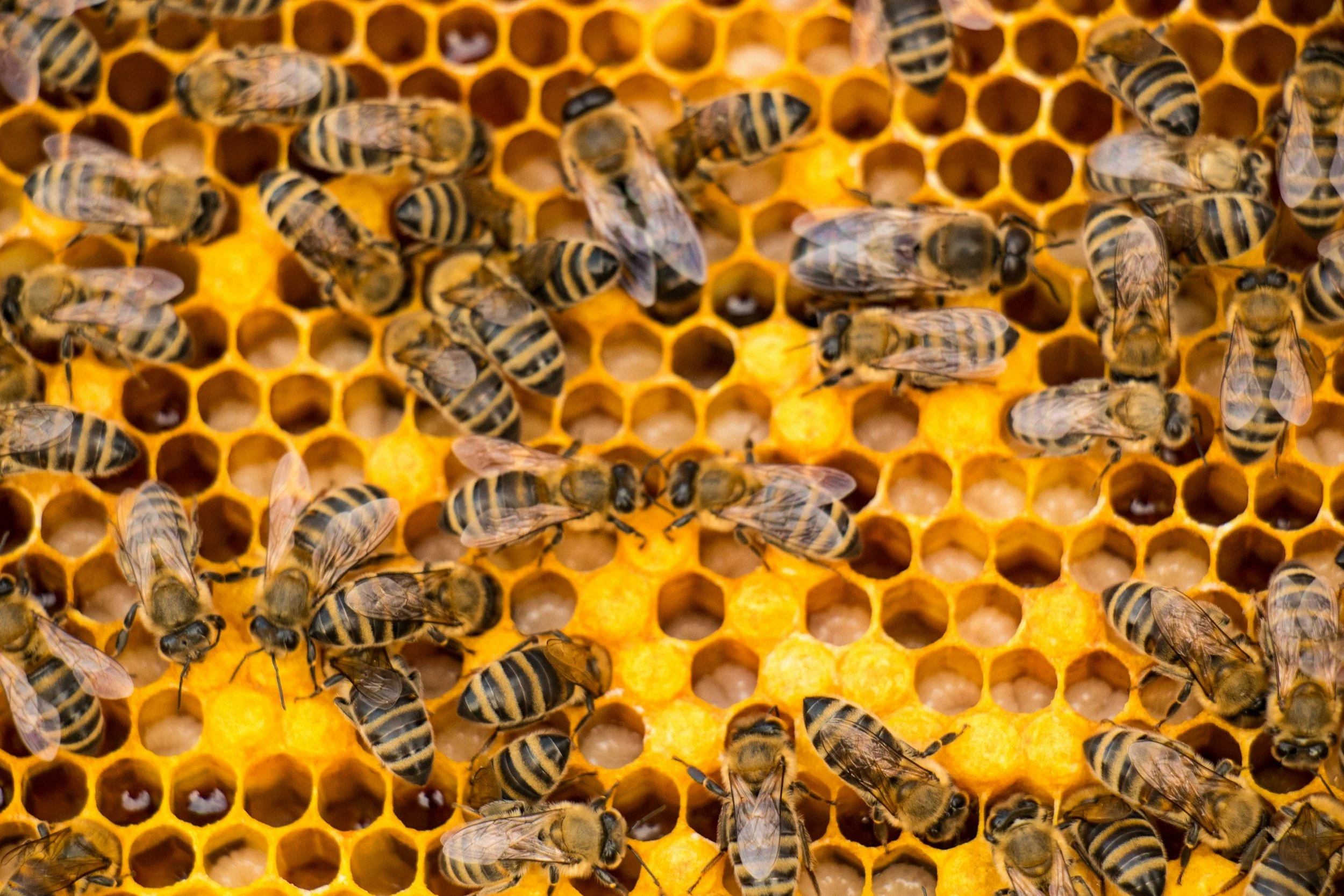The Pros and Cons of Beekeeping: Is It Right for You?
Over the years, I’ve received a lot of questions about what it takes to start keeping bees. Unfortunately, I think a lot of folks have an unrealistic idea about how it works. It’s not like just putting up a birdhouse. Depending on lots of factors outside of your control, it can be a very rewarding, discouraging, simple, expensive, relaxing, stressful or highly demanding hobby. :) It requires a lot of flexibility.
As one of my beekeeping mentors always said, “Keeping bees is more of an art than a science.” I’ve found this so be SO true.
Backyard beekeeping has seen a huge boom in recent years, especially among nature lovers, gardeners, homesteaders or those looking to support pollinators. It’s just important to look at the full picture before investing your time and money.
Pros of Beekeeping
1. Pollination Benefits
Bees are excellent pollinators. If you’re a gardener or have a large amount of fruit trees, having a hive nearby can sometimes increase crop yields and improve plant health. Just keep in mind that bees will always prioritize the highest QUANTITY of available nectar within a 5 mile radius, not necessarily what’s nearest to the hive.
2. Raw Honey, Pollen, Beeswax and Propolis
I didn’t originally get in to beekeeping for bee products and I highly suggest it not be a primary motivator. Pushing bees to produce or trying to harvest before the hive is ready will only cause problems. That said, once you get established, pretty much everything that comes from a hive is useful and medicinal.
3. Environmental Connection
Beekeeping offers a powerful hands-on way to connect with nature. It teaches a LOT of patience, observation, and respect for the complex ecosystem of a colony.
4. Educational and Community Building
Beekeeping can be a great educational tool for kids and adults alike. There is always something to learn! There are lots of wonderful local beekeeping clubs and communities that are incredibly useful for resources and mentorship.
Cons of Beekeeping
1. Bees Are Not Native to North America
The “save the bees” movement has confused and warped a lot about honeybees. The common honeybee (Apis mellifera) is not actually native to North America. While they do help with pollination, they can sometimes compete with native pollinators like bumblebees and solitary bees, potentially disrupting local ecosystems. It’s important to know how saturated your area is before adding hives. You can learn a lot about local available foraging, feral colonies and domestic colonies near you by checking out beescape.org.
2. It’s an Expensive Hobby
Startup costs for beekeeping can be very high. Even if you are gifted hive boxes or catch a swarm of bees, you will also need an electric fence, spare frames, protective gear, hive tools, feeders, a smoker and a variety of treatment options for pests and diseases. Most of the expense is within the first year, but most people eventually want to harvest honey with their own equipment, which is another added expense.
3. High Maintenance and Seasonal Work
Bees require regular monitoring and maintenance, especially in spring and summer. You’ll need to inspect the hive for signs of disease, manage swarming behavior, and ensure your colony has enough food and insulation going into winter. The best time to inspect is late morning when most of the foragers are already out and about. You’ll need to work around the weather so that it’s not too hot, cold, windy or damp when you inspect. This isn’t simply a “set it and forget it” hobby.
4. Big Learning Curve
Working with bees requires a lot of knowledge and experimentation that just takes time to develop. It’s invaluable to shadow a local beekeeping friend or mentor to see if it’s even right for you. You will need to have or develop a positive attitude, enthusiasm for learning about their behavior, and a calm temperament to work with them.
5. Getting Stung
With or without protective gear, stings do happen. Certain hive conditions or times of year will cause the bees to become more defensive and you may need to steer clear of the hives. If you or a loved one you live with have a severe allergy, it may not be right for you.
Bottom Line
Beekeeping can be a fulfilling and educational experience, but it’s simply not for everyone. Consider your goals, time commitment, comfort around bees, budget, and impact on local ecosystems. For some, supporting native pollinators by planting wildflowers and avoiding pesticides may be a better fit than managing a hive. You will also need to be prepared for yearly hive growth; it is difficult to manage just one hive and keep it small.
If you're curious but cautious, consider volunteering with a local beekeeper (I’d love to have a hand!) or attending a beekeeping workshop to get a real sense of what’s involved before investing fully.
